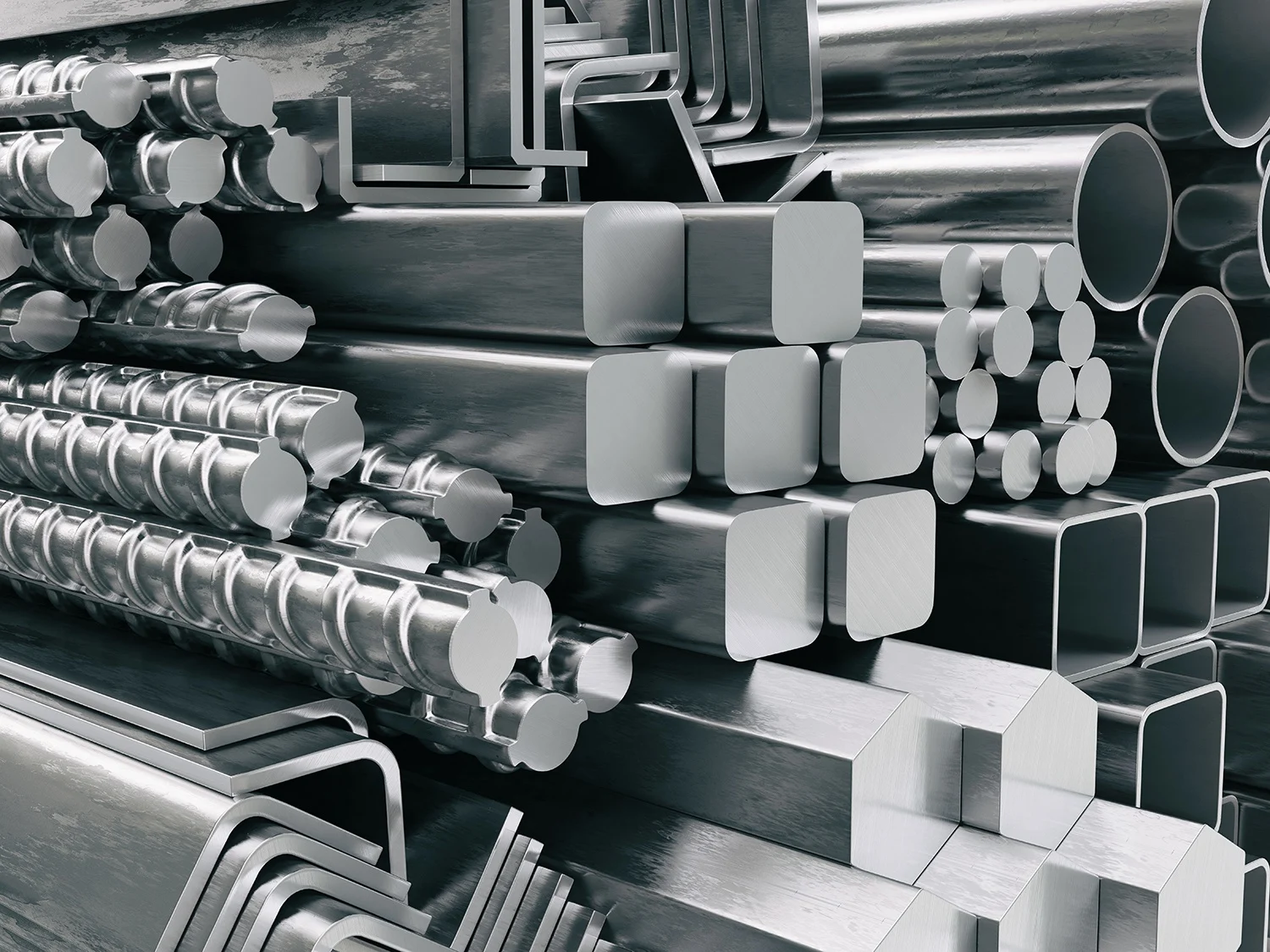Tinplate steel, commonly known as tinplate or tin-coated steel, is a steel product that undergoes an electroplating process to uniformly coat a layer of tin onto a steel sheet substrate. This material maintains the strength and hardness of steel while providing excellent corrosion resistance and oxidation resistance due to its tin coating.
Definition
Tinplate steel refers to steel sheets that are coated with a layer of metallic tin through an electroplating process. This coating provides multiple layers of protection, enhancing the steel’s corrosion resistance while maintaining its mechanical properties.
Applications
Tinplate steel is widely used in various industries due to its superior properties:
- Food Packaging: Tinplate steel is a primary material in the food packaging industry, accounting for over 70% of total production. It is extensively used in the manufacture of cans, food containers, bottle caps, and more, ensuring food safety and long-term preservation.
- Chemical and Pharmaceutical Industries: In the chemical and pharmaceutical industries, tinplate steel is used as packaging and raw material due to its corrosion resistance and non-toxicity.
- Shipbuilding Industry: Tinplate steel is also used in shipbuilding, manufacturing components such as cabins, water tanks, waterproof partitions, and more, due to its excellent corrosion resistance.
- Home Appliance Manufacturing: With its lightweight structure, corrosion resistance, and good formability, tinplate steel is an ideal material for home appliance components like outer shells and inner linings.
- Construction Industry: Tinplate steel is also used in the construction industry for building materials, doors, windows, ventilation ducts, and other applications.
Classification
Based on the substrate material and processing methods, tinplate steel can be classified into several types:
- Silicon Steel Tinplate: With excellent corrosion resistance and mechanical strength, it is suitable for applications that require high pressure resistance.
- Low-Carbon Steel Tinplate: Known for its good formability and weldability, it is commonly used in general applications such as packaging boxes, household appliances, and more.
- Cold-Rolled Tinplate: Due to the flat surface of cold-rolled sheets, the coating is more uniform, resulting in better corrosion resistance.
Common Steel Grades
Common steel grades for tinplate steel include:
- SPCC: A general-purpose low-carbon steel with good formability and weldability, suitable for products with less demanding requirements, such as general packaging boxes and household appliances.
- T2/T3/T4/T5: A series of low-lead tinplate steel grades, offering high corrosion resistance and wear resistance. Among them, T2 is the most common type, particularly suitable for food packaging and other high-demand applications.
- DR8/DR9/DR10: A series of deep-drawing steel grades, exhibiting excellent formability and strength. DR8 is suitable for products requiring high deformation performance, such as cans.
Tinplate steel is a versatile steel product with broad application prospects. Its excellent corrosion resistance and mechanical properties make it an essential material in the food packaging, chemical and pharmaceutical, shipbuilding, home appliance manufacturing, and construction industries.




